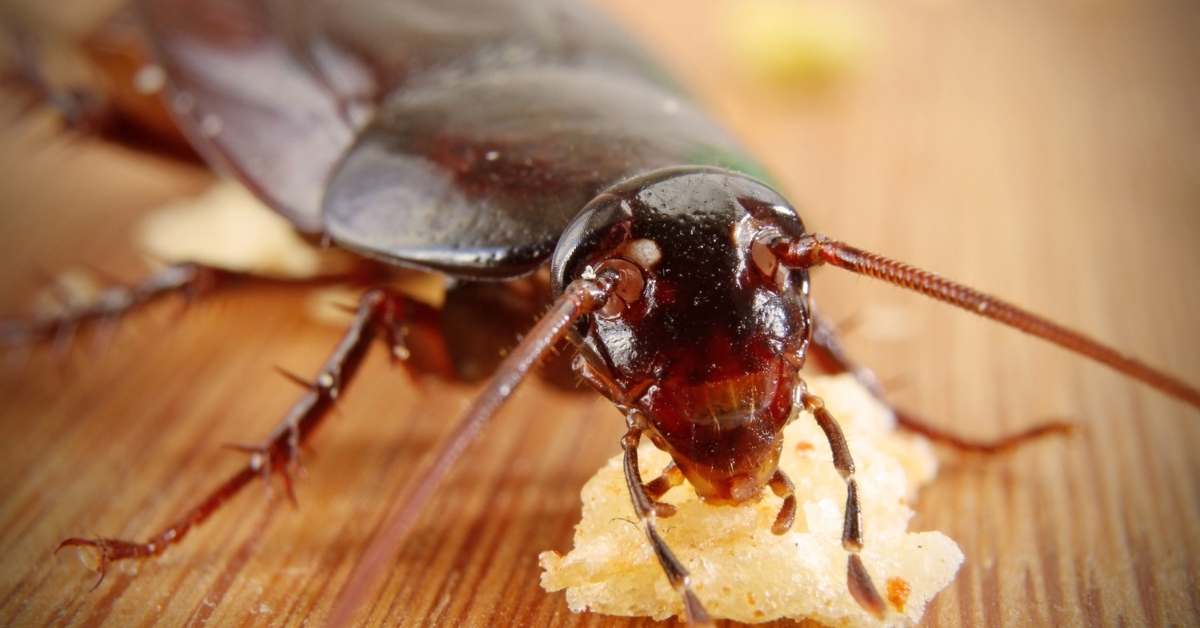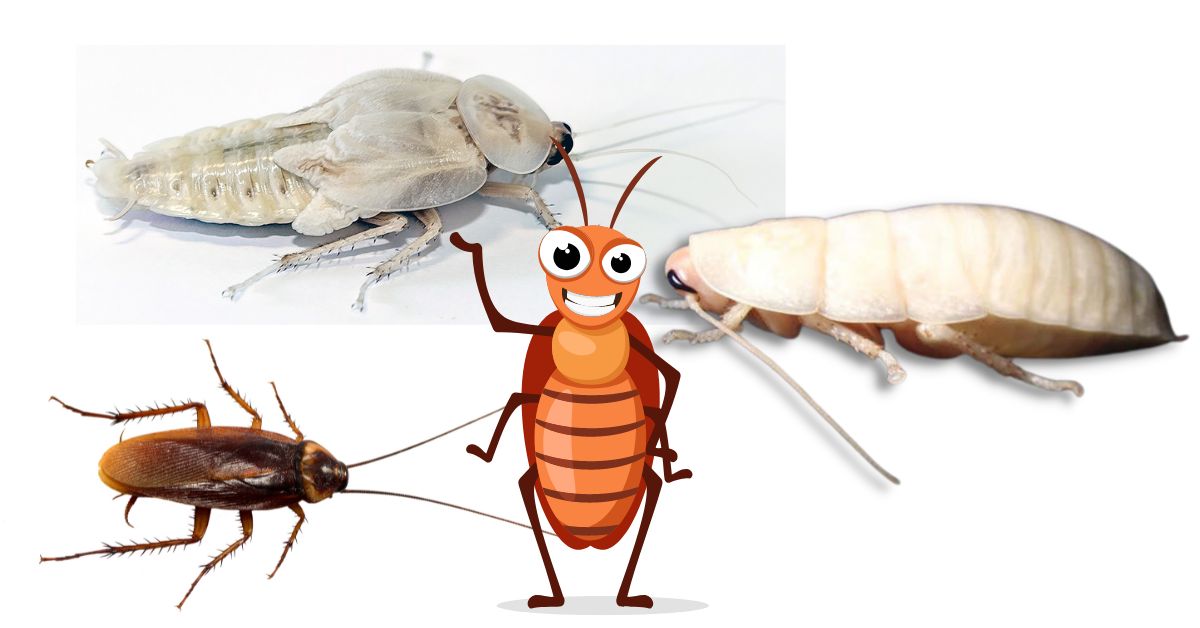Cockroaches in your home are certainly an unwelcome sight. If you’ve had the misfortune to see one scurrying across your kitchen floor when you turn on the light, you know how bad it can be. The sight of just one cockroach is cause for concern because you can bet there is more hiding in the cupboards, in your basement, behind your appliances, and anywhere else that is dark, wet, and cozy.
Roaches are notoriously fast reproducers, so it is crucial that you address the problem swiftly and aggressively. And if you’ve already investigated the cost of a professional exterminator and don’t like what you found out, don’t worry. You can do a lot on your own to fix your issue and restore your house to its former glory.
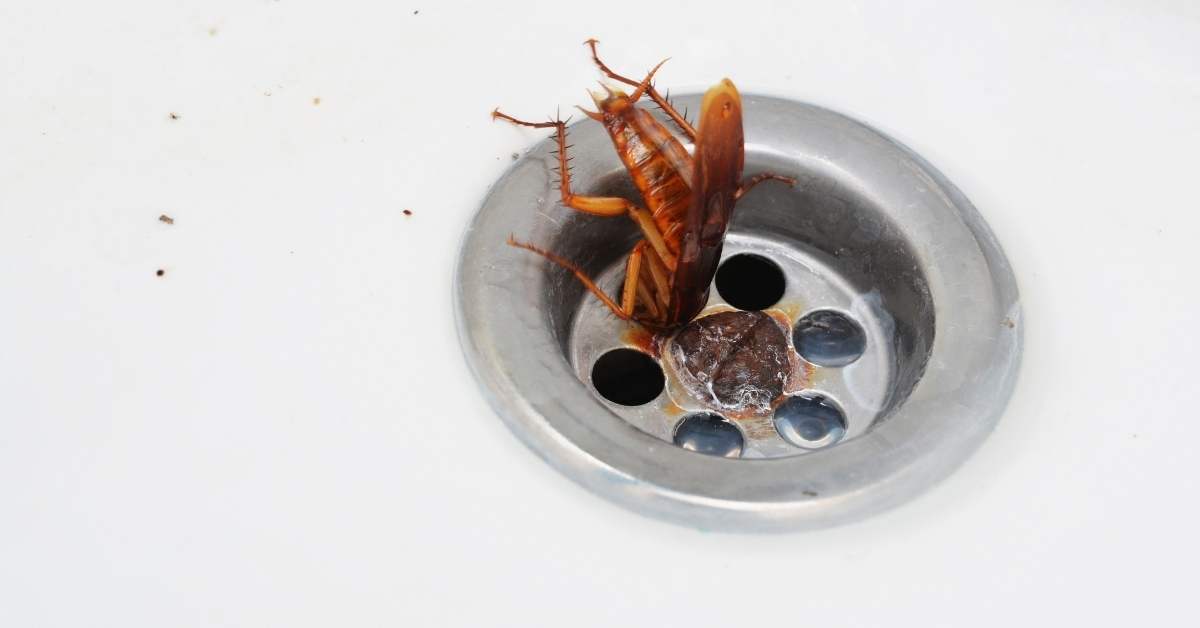
How to Get Rid of Roaches
This article will examine some of your options. It will spell out some of the commercially available solutions, offer advice about both chemical and non-chemical cockroach killers, go through some primary ant killer and roach killer precautions (because if you’ve got an ant problem, you’ll probably be using some of the exact solutions) and explain how to get rid of roaches without dangerous poisons.
Roach Control and Sanitation
If you already have cockroaches, you’ll want to think carefully about household sanitation in order to prevent the infestation from becoming worse and stop it from happening again once you get rid of the roaches. If you don’t have cockroaches, you’ll want to think about all of this so that you never have to go past this section and into the solutions.
Remember that cockroaches will live wherever they can find good food and water sources. So don’t leave food lying around. Cockroaches will find it. You may have heard that they can go for days, even weeks, without food.
This is true, but they can’t go for very long without water. So make sure you patch leaks and provide adequate ventilation for areas of your home that are prone to high humidity. Cockroaches generally like still, unmoving air, which is why they live behind things. Ensuring good air circulation is part of roach control.
Chemical Solutions to Cockroaches
There are advantages and disadvantages to chemical solutions. They are often the most effective, but they are also the most dangerous, particularly if you have pets or children in your household. If you’re not sure where to buy cockroach killer, ask at your local hardware store.
- Boric Acid: You may have heard it before and wondered: “does boric acid really kill roaches?” The answer is definitely yes. This substance has a variety of uses but is recognized as a very effective insecticide. Sprinkle it in areas where you know cockroaches are frequenting. The roaches ingest the acid and die. It is also toxic to humans and other animals.
- Insecticides: Sold under a variety of brand names (i.e., Raid), there are many popular products for use against cockroaches. Some of them are sprays that you apply to areas where cockroaches live or pass through, while others are fumigating devices that you set off in a room, allowing the fog to penetrate even remote cracks and corners.
- Cockroach Bait: Available in gel form, there usually are two ways of delivering the bait, a poisonous substance mixed with substances that are attractive to cockroaches. It can be simply applied to places where you know cockroaches live or travel, or it can come in a small covered bait station which you simply leave out in similar places. Either way, the cockroaches will carry the bait back to their nests and spread the poison among their friends. Cockroach Gel Baits works especially well for challenging infestations.
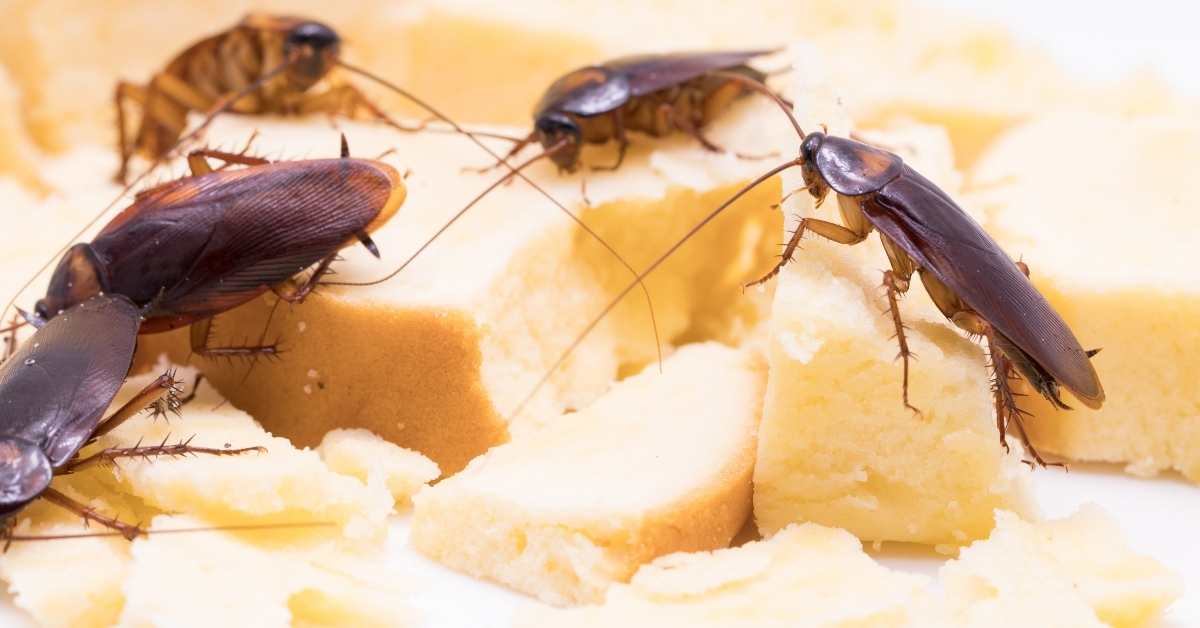
Roach and Ant Killer Precautions
The above chemical solutions must be used with great care. First of all, you must read the package and safety instructions very carefully. Use goggles, masks, and gloves even if these are not recommended, just to ensure you avoid contact with the eyes, mouth, and hands.
If you have pets, make sure you are not leaving bait or other chemicals in places where they might get at them. Roaches are difficult to kill, and the chemicals used to do it are pretty strong. If you have children, you must be especially careful not to leave any of these chemicals in places they might reach. Even the covered bait traps might be pried open by curious children.
Finally, ensure that you are very careful applying chemicals in areas where food is prepared or served and places where clothing is stored. Basically, you want to absolutely minimize the chances of any poisonous substances getting into or onto you.
Non-chemical solutions for cocroaches
If you’ve got a major infestation on your hands, you’ll probably be best to try the aggressive chemical solutions. Still, if your cockroach problem is less severe or you simply hate the idea of spreading chemicals in your home, then you do have a few options, including some common household roach killer substances.
- Soap and Water: This is not a long-term solution, but it can kill individual roaches. Like other bugs, they breathe through their skin. Splashing soapy water on them – and it doesn’t really matter what kind of soap – will create a film on their exterior surfaces that basically prevents them from breathing.
- Sugar and Baking Soda: It’s a common question: “does baking soda kill roaches?” And the answer is yes when combined with sugar. Mix equal parts of these two powders and leave it out just as you might roach bait.
- Bay Leaves: Cockroaches can’t stand bay leaves. They’re certainly not a final solution for major bug problems, but try putting them in cockroach pathways or entry points to stop their travels into and through your home.
- Diatomaceous Earth: This comes in a fine powder that is made from the fossilized remains of freshwater organisms. Under a microscope, it looks like pieces of broken glass and is designed to damage the waxy outer shell of cockroaches and other insects. Once in contact with diatomaceous earth, roaches will simply die of dehydration. This is also non-toxic to humans, animals and is even safe in food!
Electronic Devices to Kill Roaches
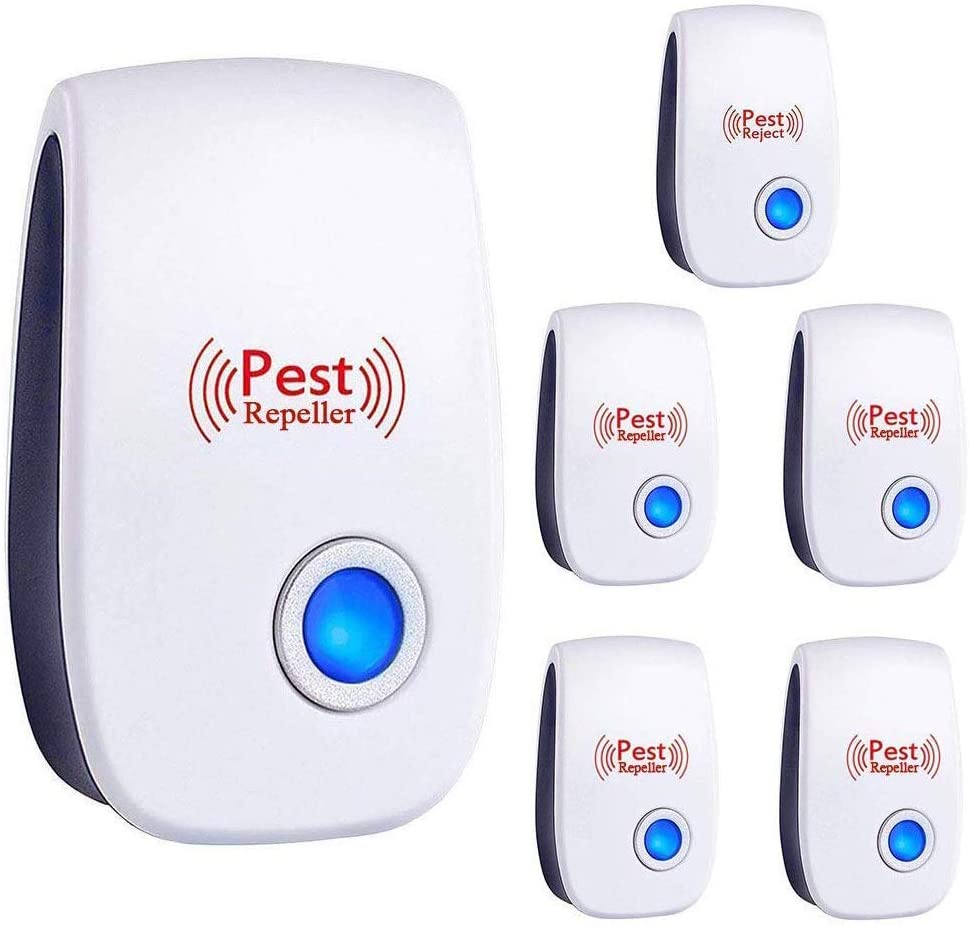
Electronic pest control devices are another option you have to get rid of roaches. The great thing about devices like these is that you typically just have to plug them in, and they go to work – no need to hunt around for where to spray roaches down or discover where they live.
Electronic pest repellers emit a changing array of both ultrasonic and sonic sounds. Inaudible by humans, dogs, cats, birds, or fish, these sounds significantly affect pests’ feeding and communication habits like cockroaches because they cannot adapt to the constantly changing sounds. These signals disrupt their nervous system, and they are forced to leave.
The great thing about these units is that they only require a free electrical socket to operate. They require no maintenance and do not need to be refilled. You can use them around humans and non-rodent pets. Remember to keep them away from pet mice, tarantulas, hamsters, rabbits, and gerbils.
These units are best suited for medium sizes rooms such as bathrooms, kitchens, and living rooms. If you have a particularly large space, you may need a couple for maximum effectiveness. Keep in mind that it won’t affect nesting places under floors, behind walls, or in cracks.
No More Cockroaches
So remember, even if you know you’ve got quite a serious cockroach problem on your hands, there’s no need to call a professional reach control service. There are several things you can do yourself. Try some of the techniques listed above and see what happens!
However, if cockroaches in your home are already a persistent and challenging problem – sometimes, you need the help of an expert.
Whether you have German, brown-banded, American, smokey brown, or oriental cockroaches, you can get rid of them with the help of a pest control firm.
Getting Rid of Roaches
Getting rid of roaches can be a complex experience unless you know all the facts. They are one of the most ancient and primitive insects on the planet; they have been able to survive millions of years.
Image: Amazon
